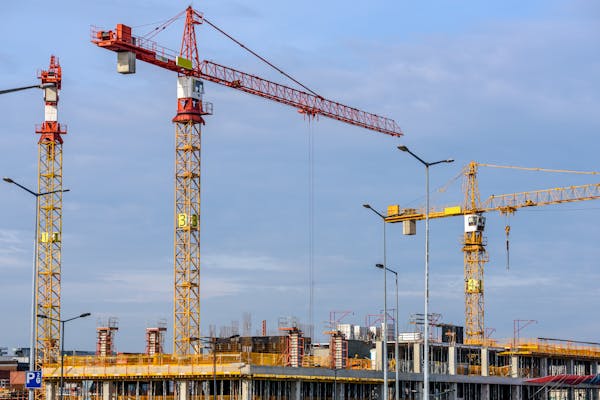How AP Automation is Reshaping American Businesses
Even prior to the pandemic the USA workplace was moving toward various forms of automation for cutting waste and improving productivity. The growing fear that robots are replacing humans is somewhat overblown in the sense AI is creating better quality jobs for analysts. Here’s a look at how AP automation is impacting businesses of all sizes.
Rise of AP Automation
Accounts payable (AP) automation speeds up supplier invoice processing compared with traditional standards. The adoption of AP automation among businesses has steadily grown the past decade, coinciding with businesses moving to the cloud and going more digital. A 2020 MineralTree survey of over 1,300 financial pros found that 38 percent of companies were using AP automation software. The previous year had been 24 percent.
Overcoming Automation Resistance
Science fiction novels and conspiracy theories have spread fear among the USA workforce that robots will someday inherit all jobs. But the truth is that robots are freeing up humans to shift focus on less redundant and tedious tasks that can be handled by automation. Business leaders who still fear automation is Orwellian need to understand how automation improves business efficiency and the nature of human jobs.
The pandemic has turned traditional business models upside down, forcing companies to either go more digital or disappear. Not only is automation a solution to social distancing, it cuts waste in the system. It eliminates unnecessary errors, speeds up processes, pays suppliers on time and keeps data more organized.
Due to massive stay at home orders by state and local governments, business survival now depends on digital infrastructure and in many cases, automation platforms. Yes, using automation can help a company save money by cutting jobs, but the jobs that remain become more analytical and interesting. The growth of big data from IoT devices equates to such an enormous amount of data that no one person can go through it manually.
At one time businesses that resisted digital transformation could still operate effectively using manual methods, despite the inefficiencies. Today in order for a company to be competitive, it must keep up with modern technology. The human errors and late payments that result from manual accounts payable processing are no longer acceptable in modern supply chains.
The Future of AP Automation
The concept of AP automation or any other kind of automation is not just a trend. It’s becoming a business essential in an age when accuracy and speed count on a competitive scale. A 2020 survey by Ardent Partners found that 55 percent of finance leaders believe AP automation is valuable to an accounting team.
In some cases, businesses have no choice but to adopt AP automation in order to be compliant with regulations. Automation can be handled through a cloud service such as Yooz, which provides tools for managing procurement, processing invoices, scanning and more.
Another reason AP automation will only become more widespread in the future is that it contributes to a paperless workplace. Sustainability is increasingly becoming a major issue with businesses for the sake of public image as well as caring about social responsibility and cutting waste. Ultimately, sustainability is closely tied to economic efficiency, which has become a key focus during the pandemic.
Conclusion
Digital transformation is now on the radar of many businesses across the USA due to the pandemic. AP automation is part of this transformation that’s quickly turning businesses of all types into digital operations. Paying suppliers on time the right amount counts in building long-term relationships, as AP automation has become a reliable solution.








